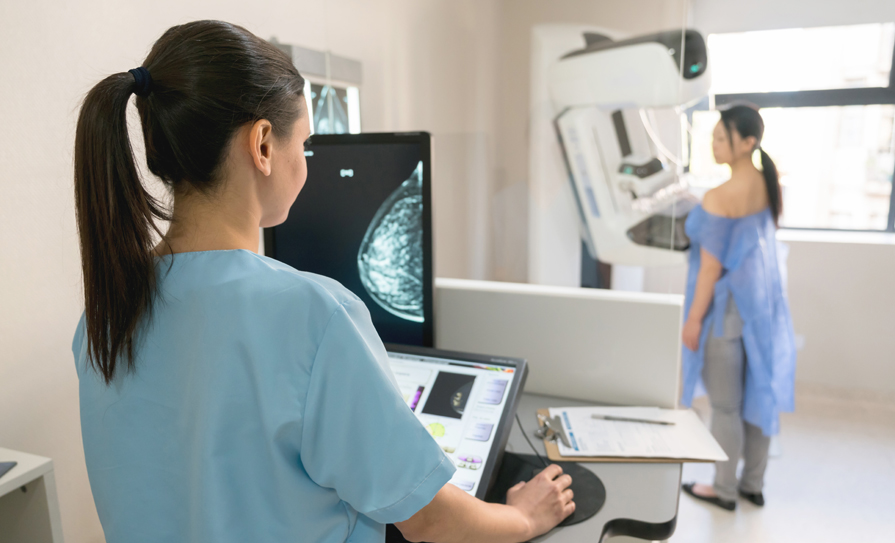
During Gathering Around Cancer 2022, Prof John McCaffrey, Consultant Medical Oncologist at the Mater Misericordiae Hospital, Dublin, and organiser of the conference, spoke with the Medical Independent (MI) about whether the broad mix of topics at the conference reflected a growing trend towards sub-specialisation in medicine. “We are trying to be reflective of what is happening in oncology each year, and that’s why we have lasted so well for these 10 years – by reacting to what our audience wants,” said Prof McCaffrey. “We have had nursing specialty sessions in the past, but this is the first time we have had so many of them and that’s what the audience wanted, and they [disciplines] cross all areas of cancer care.
“We have also invited patients to be in the audience. What has been striking to me is that some areas are very well developed, such as in women’s health, although obviously, more can be done there with breast and gynaecology, for example,” he continued.
“But there is a lot of men’s health [content], colorectal cancer, and patient advocacy groups are just beginning the journey. We always try to introduce more radiation and surgical aspects, but we would always ask people for their suggestions as to what we can do for the next 10 years.”
He also commented on the importance of returning to the face-to-face format and the benefits that brings. “It’s so much better than the virtual setting,” he commented. “The virtual system is convenient, but it took out the whole human aspect of the actual Gathering, where you get together and have a chat, exchange ideas, get people into educational programmes or Fellowships, so it is great to have all of that back.”
In terms of a health check for Irish oncology services generally, particularly in the context of disrupted appointments during Covid-19, Prof McCaffrey commented: “We definitely have a lot more late-stage presentations, and I think that is going to continue for the next five or 10 years,” he told MI. “A lot of the screening programmes suffered, so there were a lot of missed opportunities due to Covid that are going to come back to haunt us. There are also a lot of patients who did not have access to their GP or diagnostics, so the challenge is to keep doing what we have been doing well in the NCCP [National Cancer Control Programme], which is funding innovations like nurse specialties and empowering services with additional consultants. We are grateful that the HSE and NCCP have responded to the impact of Covid on cancer care.”





Leave a Reply
You must be logged in to post a comment.